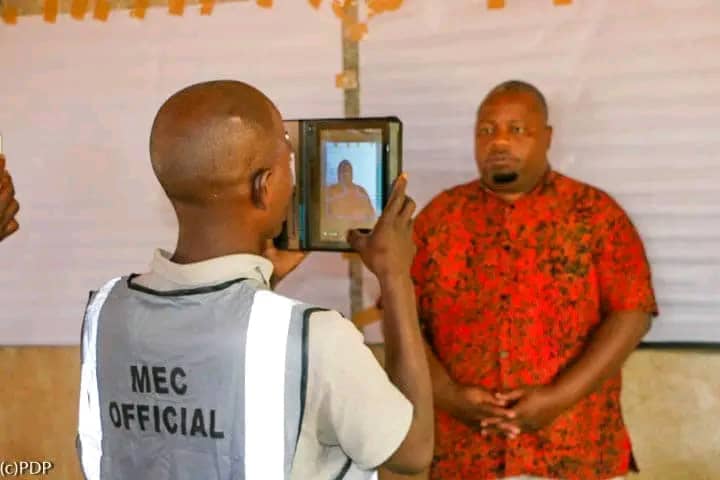As Malawi gears up for its highly anticipated 2025 elections, questions are emerging over the ruling Malawi Congress Party’s (MCP) surprising silence on a matter that has dominated political debates — the call for an audit of the Malawi Electoral Commission (MEC) voters’ roll. While opposition parties have been vocal in demanding transparency, MCP’s quiet stance has left many Malawians puzzled.
Being a key contender in the forthcoming polls, MCP has every right to challenge any electoral process that seems questionable. Yet, instead of championing transparency, the party seems comfortable with a system that others fear could be manipulated. The silence, observers argue, raises concerns about MCP’s commitment to a fair electoral process.
At the heart of this issue lies the relationship between the National Registration Bureau (NRB), MEC, and Smartmatic — the technology firm managing the electoral system. In Malawi, citizen data is collected and stored by NRB, which issues national IDs certifying personal details such as age. This data feeds into the Smartmatic system, used by MEC to manage voter registration and verification.
The problem? The voter roll in the Smartmatic system is linked directly to MEC’s registry but relies heavily on data from the NRB. Biometric data from NRB is used within the system for voter verification. If political parties were allowed to audit this setup, they might uncover serious irregularities — a risk some believe MCP is unwilling to take.
Critics point to past incidents, especially allegations that MCP facilitated the registration of underage voters in its strongholds in the Central Region. Without NRB’s data, MEC would struggle to identify underage registrants. Conversely, NRB might not have acted against those encouraging minors to register. Such irregularities could easily be exposed in a thorough audit.
This, analysts argue, could explain MCP’s resistance to an independent review of the system — fearing it would reveal duplicates or fraudulent entries. The hypothetical case of a voter like “Elitifodi Pamuleni” appearing twice — once as a 14-year-old and again as a 22-year-old — illustrates just how damaging the findings could be.
The situation grows murkier with the proposal to use both electronic and manual vote tallying methods. Critics warn this dual approach could be exploited to manipulate results, especially if malicious actors infiltrate electoral processes — even within security agencies. If manual results are tampered with, MEC could simply claim the electronic record is more reliable and use that as the official outcome, undermining public trust.
Malawians still remember that both the 2019 and 2020 elections were conducted using manual methods. So why the sudden push for electronic systems now that President Lazarus Chakwera and MCP are in power? Unlike manual tallying — which can be scrutinized by ordinary citizens — electronic systems are understood only by IT experts. Even these experts, critics warn, could be misled if Smartmatic’s processes are manipulated beyond detection.
Yet, amid all these legitimate concerns, MCP remains conspicuously quiet. And when the party does comment, it often supports the continued use of Smartmatic. The burning question remains: Why?
As the elections draw closer, Malawians are left demanding honest answers.




